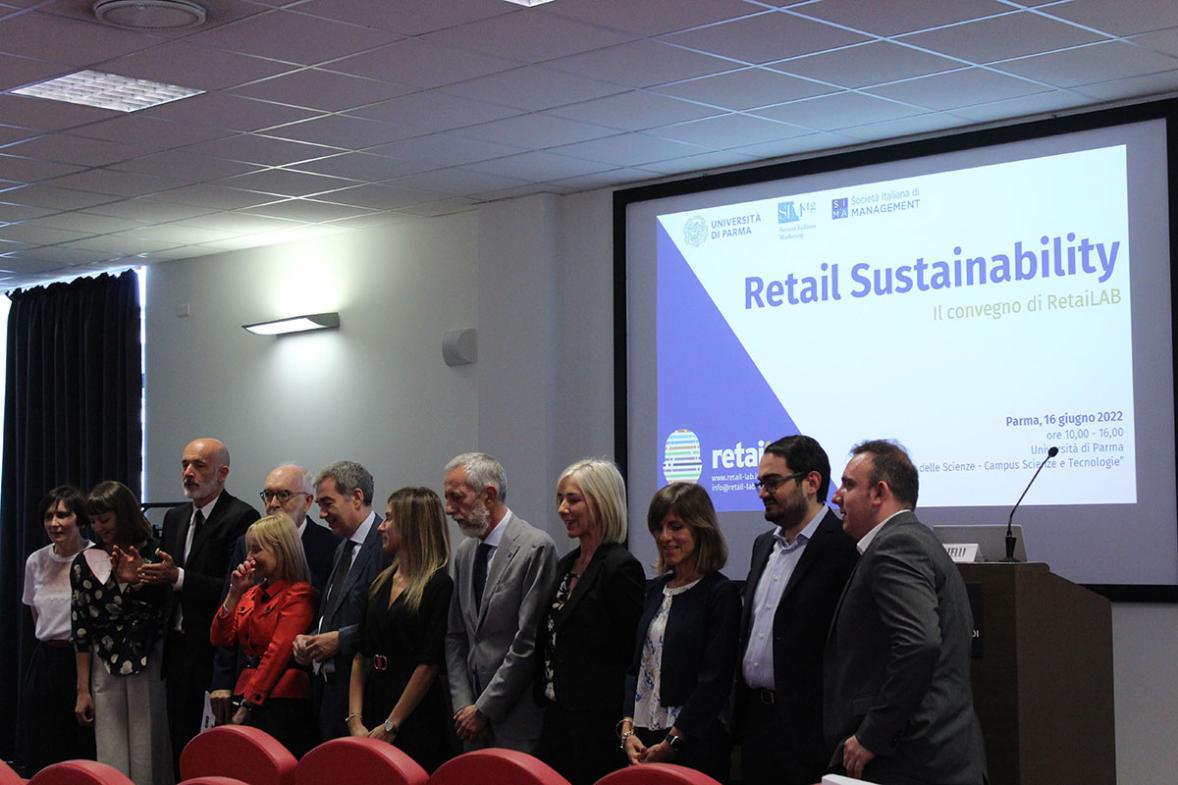How Can Retail Employees Collaborate with Suppliers and Partners to Improve Asset Management Sustainability?
In today's environmentally conscious world, businesses across industries are striving to adopt sustainable practices to minimize their environmental impact and contribute to a greener future. The retail sector, with its vast network of suppliers and partners, plays a crucial role in driving sustainability initiatives throughout the supply chain. Effective asset management is a key aspect of sustainability in retail, encompassing the efficient utilization, maintenance, and disposal of physical assets such as equipment, inventory, and facilities.

Collaborative Strategies For Improving Asset Management Sustainability:
- Communication and Information Sharing:
- Establishing open communication channels between retail employees, suppliers, and partners is essential for effective collaboration.
- Sharing data and insights on asset usage, performance, and maintenance helps identify areas for improvement and optimize asset management practices.
- Joint Planning and Goal Setting:
- Aligning sustainability goals and objectives among retail employees, suppliers, and partners ensures a unified approach to asset management sustainability.
- Developing joint plans for asset management and optimization creates a shared roadmap for achieving sustainability targets.
- Supplier Training and Education:
- Providing training on sustainable asset management practices to suppliers empowers them to adopt sustainable manufacturing and sourcing methods.
- Encouraging suppliers to implement sustainable practices throughout their operations contributes to the overall sustainability of the retail supply chain.
- Collaborative Innovation and Technology Adoption:
- Exploring new technologies for asset tracking, monitoring, and optimization can significantly enhance asset management sustainability.
- Jointly developing innovative solutions for sustainable asset management fosters a culture of innovation and drives progress in the retail sector.
Benefits Of Collaboration For Retail Employees, Suppliers, And Partners:
- Cost Savings and Efficiency Gains:
- Collaboration can lead to reduced asset downtime and maintenance costs, as well as improved asset utilization and productivity.
- Enhanced supply chain efficiency through optimized asset management practices can result in cost savings and increased profitability.
- Improved Customer Satisfaction:
- Increased product availability and quality, resulting from effective asset management, can enhance customer satisfaction and loyalty.
- A positive customer experience can drive repeat business and contribute to the long-term success of the retail business.
- Environmental Impact Reduction:
- Collaboration can lead to reduced carbon footprint and waste generation, as well as improved resource conservation and circularity.
- Sustainable asset management practices can contribute to a greener supply chain and a more sustainable future for the planet.
- Enhanced Brand Reputation and Competitive Advantage:
- Demonstrating a commitment to sustainability can enhance brand reputation and attract environmentally conscious consumers and investors.
- A sustainable approach to asset management can provide a competitive advantage in the marketplace.
Case Studies And Real-World Examples:
- Collaboration between a Retailer and a Supplier to Implement Sustainable Packaging Solutions:
- A major retailer partnered with a packaging supplier to develop sustainable packaging materials made from recycled and renewable resources.
- This collaboration resulted in reduced packaging waste, improved product protection, and enhanced customer satisfaction.
- Joint Initiative between Retailers and Suppliers to Reduce Food Waste in the Supply Chain:
- A group of retailers and their suppliers implemented a collaborative program to reduce food waste throughout the supply chain.
- The program involved improved inventory management, optimized transportation routes, and donation of surplus food to local charities.
- Partnership between a Retailer and a Technology Provider to Develop an Asset Tracking and Optimization System:
- A retailer partnered with a technology provider to develop an innovative asset tracking and optimization system.
- The system enabled real-time monitoring of asset performance, predictive maintenance, and optimized asset utilization, leading to significant cost savings and improved sustainability.
Collaboration between retail employees, suppliers, and partners is essential for improving asset management sustainability in the retail sector. By working together, stakeholders can share knowledge, resources, and innovative ideas to optimize asset utilization, reduce environmental impact, and enhance customer satisfaction. Embracing sustainable asset management practices can lead to cost savings, improved efficiency, enhanced brand reputation, and a more sustainable future for the retail industry.
It is imperative that all stakeholders in the retail supply chain recognize the importance of collaboration and take proactive steps to implement sustainable asset management practices. By fostering a culture of cooperation and innovation, the retail sector can make a significant contribution to a greener and more sustainable world.

YesNo

Leave a Reply